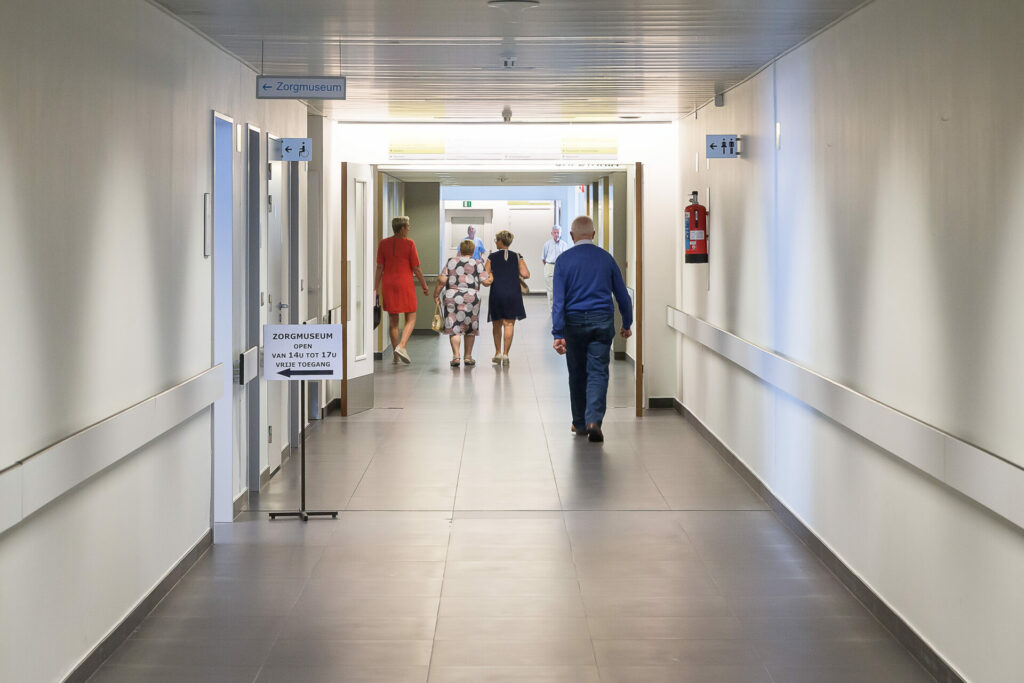The healthcare sector generates 5% of Belgium's total C02 emissions and needs to decarbonise, according to a federal environmental administration report.
Hospitals, care homes, pharmacies and home care services emitted 9,901 kilotons of CO2 equivalent in 2022, according to a report cited by Le Soir and De Tijd on Tuesday. These figures account for 5% of Belgium's total consumption-based emissions.
Projections indicate that healthcare emissions in Belgium could increase by over 60% by 2050. Federal experts argue this contradicts the urgent requirement to rapidly reduce emissions to align with national and international policies, namely EU carbon neutrality by 2050.
Energy-hungry buildings, wasted medication and meals
The report proposes several recommendations to cut sector emissions by 73% by 2050 compared to a scenario with unchanged policies.
Hospitals and outpatient care contribute the most to emissions. Decarbonising buildings and making them energy-efficient (insulating walls, floors, roofs and investing in high-performance glazing), electrifying vehicle fleets and heating systems (improving ventilation and air conditioning) and switching to renewable energy sources could significantly reduce their carbon footprint.
Operational improvements are also necessary. An estimated 30% to 50% of medications are wasted, so reducing overprescription and unnecessary usage could cut excess medication purchases by 20%.
Similarly, 41% of meals in healthcare facilities go uneaten. This waste could be reduced by 21% by 2050.

